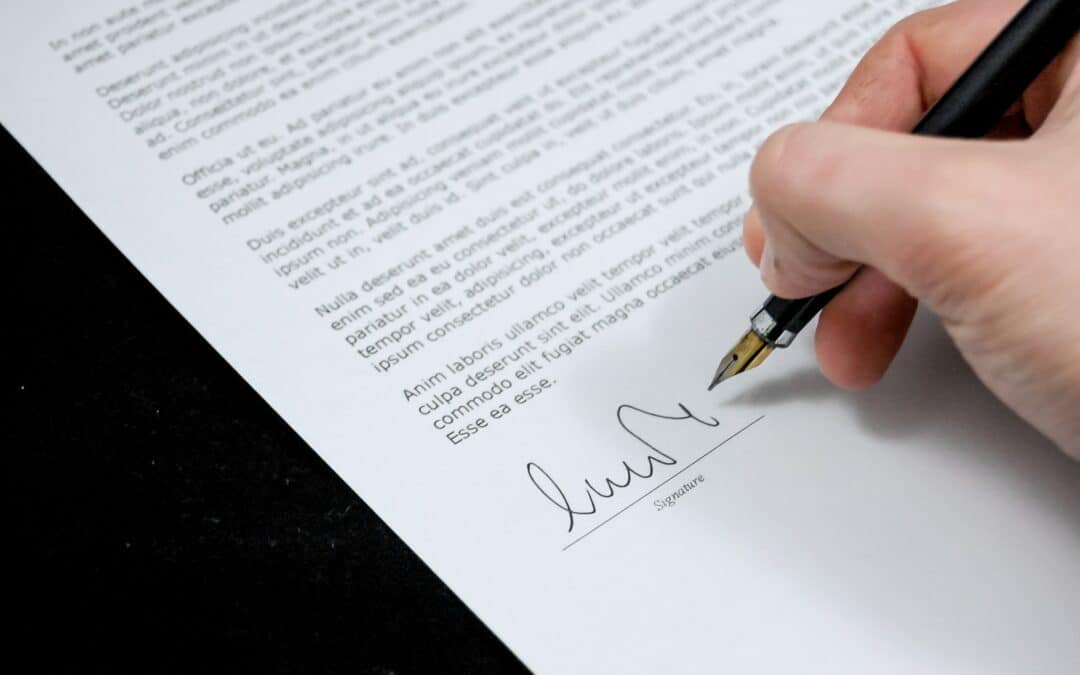The ins and outs of creating a shareholders agreement
The start of a new business venture is an exciting opportunity. One would hope all involved parties only have the best intentions in mind. In our experience, although these relationships start on a positive note external factors and influences can create a shift in position. This can turn the business relationship sour virtually overnight. In these situations, a robust shareholders agreement will be of indisputable value.
A business is like a marriage
It is imperative to have good communication skills and the ability to resolve and manage conflicts in both business and marital relationships. Without these skills, it will be difficult for all parties to build and maintain trust and confidence in one another, especially when it comes to overcoming challenges. A successful relationship needs clearly defined boundaries, goals, and a mutual understanding of what’s working, and what isn’t, and how to better collaborate to ensure these goals are met.
People often get caught up by the excitement of a new opportunity and rush into business relationships without first setting a strong and stable foundation. Without careful thought into the business or relationship it will be more susceptible to tough periods.
Disputes are inevitable
Shareholder disputes are inevitable. In our experience shareholder disputes in declining companies are just as common as disputes in successful companies. Arguably, it is more common for successful companies to have shareholder disputes. Rapid growth and high cash flow can cause shareholders to have a shift in perspective, leading to a potential conflict of interest as to how the company should be run in this new and exciting stage.
The taste of success or the prospect of doom can affect even the humblest of business partners and cause a dispute. However, it will be how you handle said dispute that will determine the solution.
If you fail to prepare, prepare to fail.
It is better to be safe than sorry, especially in situations where money and reputation are on the line.
Our past clients will tell you that it’s easier to agree on set rules and boundaries when the relationship is good, rather than in the face of a dispute. When a business relationship turns sour trust can be fleeting resulting in more time and money spent on negotiating a mutually agreeable outcome. If there are more than two shareholders involved the situation can evolve into an exercise of whose side to pick.
A simple sit-down conversation at the beginning of a business relationship has helped our prior clients:
- Learn more about the character, beliefs, and general position of their (potential) business partner(s);
- Communicate with their (potential) business partner(s) what is fundamentally important to them;
- Realise what needs to be documented to help safeguard the best interests of the parties and the company moving forward; and
- Sometimes, decide not to be involved with the other person(s) in business.
In saying this, great care needs to be taken when it comes to creating the shareholders agreement itself. Unlike other legal documents, a standard template will not be of value. Each shareholder agreement must be the product of the circumstances and the discussions of the individual shareholders.
A good shareholders agreement is a ‘living’ document. A well drafted agreement will encompass a wide range of possible scenarios and will provide solutions/guidance on each occasion. Shareholders agreement can also be regularly updated with the consent of all participating parties. In comparison, a standardised document will not be of use when push comes to shove. The upfront cost of preparing robust documentation is easily justified if a business relationship sours and lawyers are called in to fight.
If it all goes wrong
Sometimes, even with good documentation, disputes are inevitable and Court intervention may be required.
This is where our innovative solutions for shareholder disputes provide clients with the most value.
We are specialist lawyers who resolve commercial disputes and can help you strategically navigate any commercial dispute or Court action quickly and efficiently. If you want to talk, schedule a no obligation 30-minute consultation with our experts here: https://norlinglaw.co.nz/consultation/
Overall, the key takeaways are:
- Shareholder disputes are extremely costly to resolve.
- They can be avoided if you have a robust, well-drafted, and well-considered shareholders agreement put in place.
- Unfortunately, there is some upfront cost for this, but that is easily justified when a dispute arises, or shareholders wish to part ways.
- Sometimes Court intervention is unavoidable. For the best result, you should engage transparent expert commercial lawyers who can tackle your problems strategically and efficiently.




